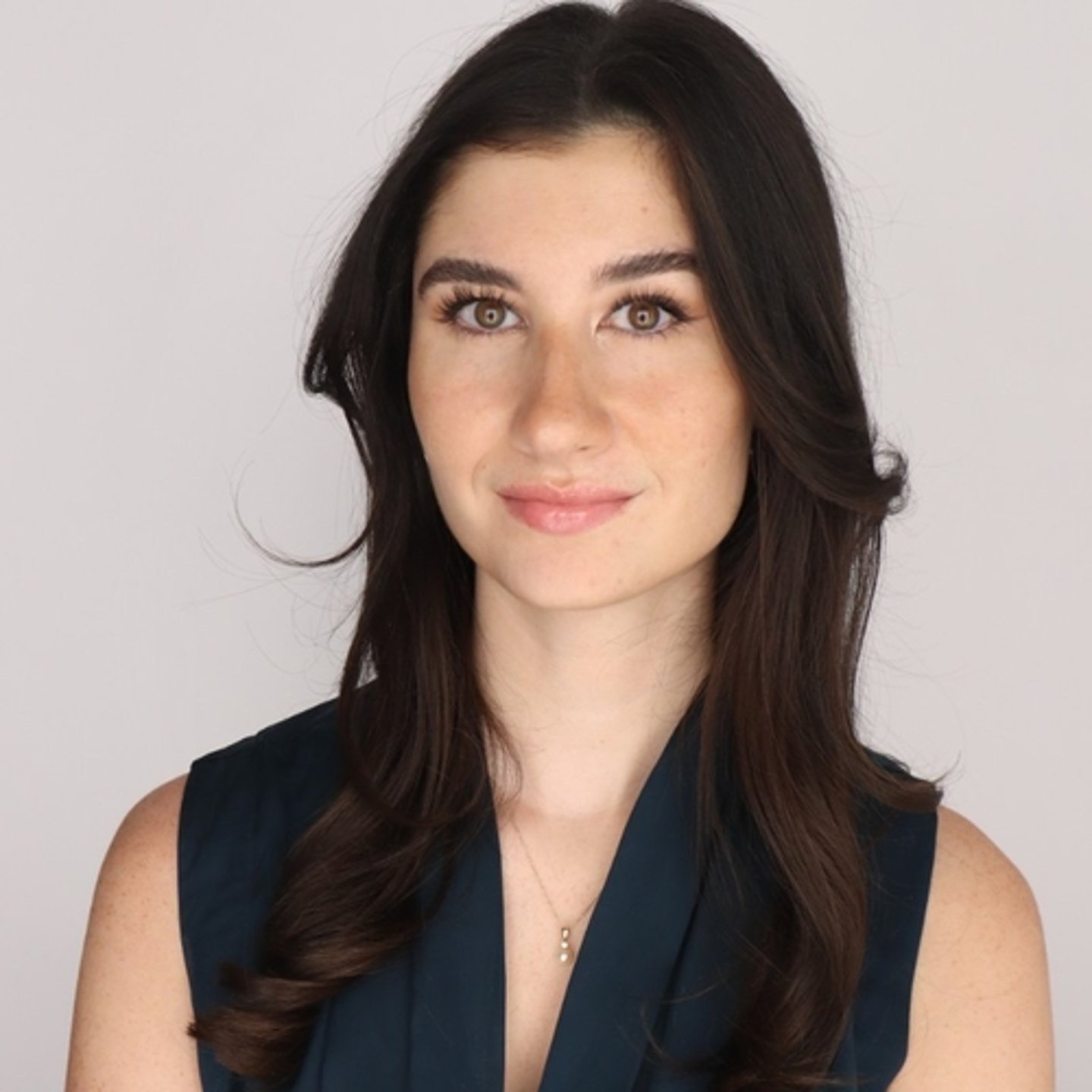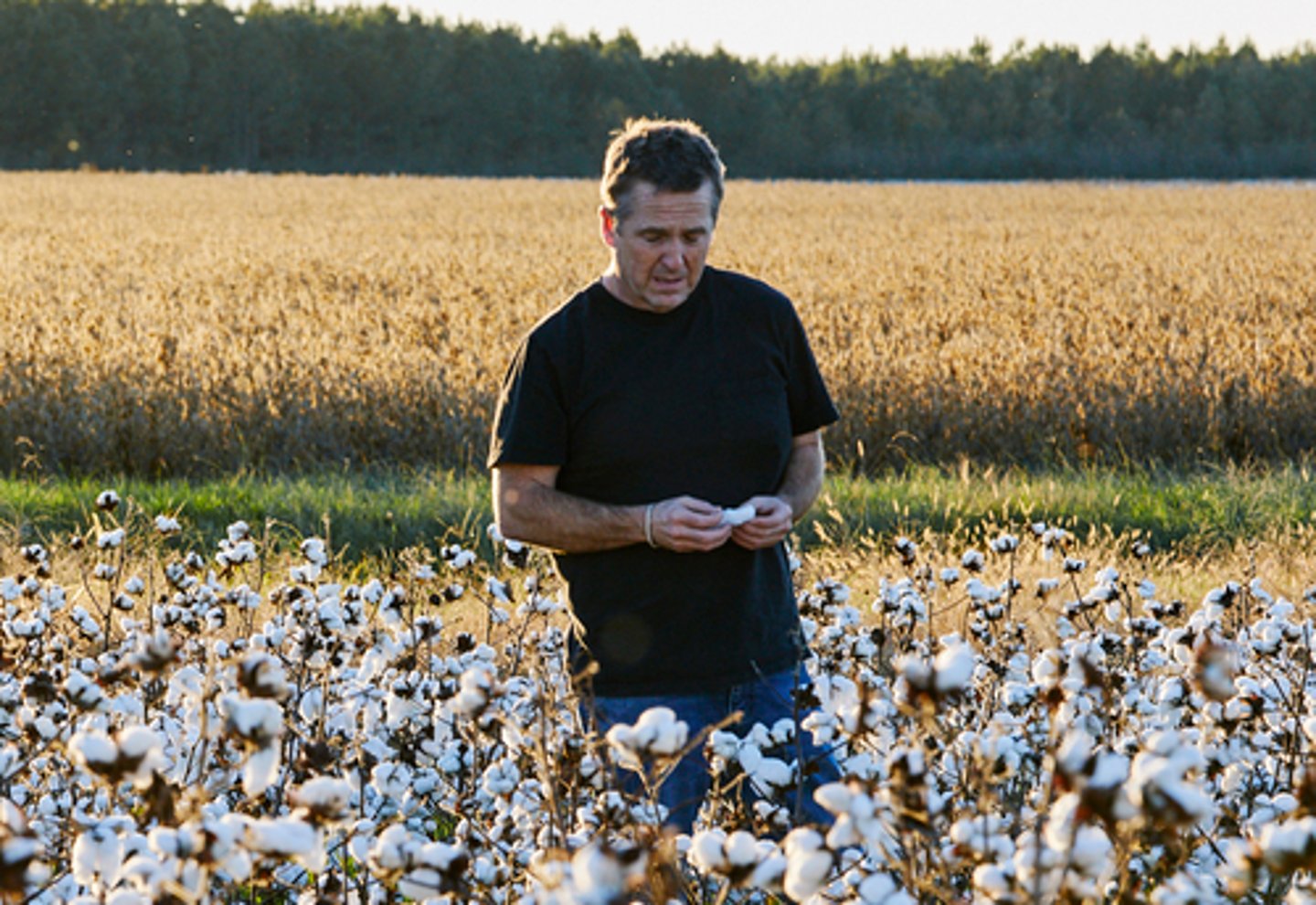Homegrown Prospects
Private label products continue to grow, and as retailers expand their assortments, perhaps their greatest challenge is expanding their roster of reliable suppliers that can provide high-value, quality products made close to home.
While the pandemic fades into the background, the global health crisis did shine a light on the fragility of the global supply chain and led many retailers to rethink their product-sourcing efforts. Working with product vendors overseas was a no-brainer for decades, as the focus was mainly on price.
Today, the conversation is broader, and while price is still important, quality assurance, availability, and speed to market are also regularly discussed. This broader discussion has opened new doors for U.S.-based companies that have maintained domestic manufacturing efforts.
Store Brands spoke with two private label suppliers, Samantha Burd of beauty supplier Lady Burd and Bayard Winthrop, founder, and CEO of San Francisco-based apparel supplier American Giant. Burd and Winthrop each shared their insights on the current state of manufacturing products in the United States.
A U.S.-Made State of Mind
More than a half-century of history working with retailers to develop private label assortments of cosmetics, skincare, and personal care is the foundation of New York-based Lady Burd.
Started by Roberta Burd, the company is currently run by co-owner Samantha Burd, Roberta’s granddaughter. Since day one, Lady Burd has been focused on the private label segment and continues to manufacture products from its headquarters in the Long Island community of Farmingdale.
While many products in the beauty segment are made overseas, U.S.-based suppliers such as Lady Burd continue to see strong demand from retailers looking to work with manufacturers that are closer to home.
“Prior to COVID, there were retailers that wanted products made in America, but they weren’t willing to pay the premium,” notes Burd. “Now I’m definitely seeking less resistance to the premium for products made in the U.S. It also allows them to market the fact that a product is made in the U.S., and specifically New York.”
While prices of domestically produced products have historically been higher than items made in China and other Asian countries, which remains the same across most product categories within the beauty segment, other factors, such as lead times and product ingredients, are now front and center in conversations with Lady Burd’s customers.
Questions about ingredients are “a bigger factor,” says Burd. “More than ever, we’re getting requests for custom formulations. There is also more focus on regulatory concerns and quality assurance. One of the big selling points of our business is that we have in-house regulatory [compliance] and in-house quality assurance. People today care about this.”
Another big selling point is Lady Burd’s geography: Since Farmingdale is located about an hour east of Manhattan, clients are comfortable knowing they can visit the company’s headquarters and meet with chemists who are formulating the products, according to Burd.
“Having that one-on-one conversation makes [the client] feel safe and guarantees the product they are going to get meets various standards, whether they want the product to be clean, paraben-free or vegan,” she says. “This is more difficult to do when dealing with companies overseas.”
Additionally, as more retailers expand their private-brand beauty assortments, a growing number are looking to move beyond offering name-brand-equivalent products and are more interested in providing their shoppers with unique items.
Burd notes that her company has had more opportunities come its way because of its ability to develop products and get them quickly to market. This is key in large part because of the continual turnover of products in retail private label assortments.
“In the past, we would see new products launch every six months, and then those products would be in the line forever,” she says. “Now there are very few products that live on indefinitely in cosmetics or skin care lines. There are maybe two or three hero items, but everything else just cycles through.”
She also notes that the growing movement toward short-inventory runs is proving beneficial for Lady Burd. Pointing to the increased popularity of “new product drops,” Burd observes that some retailers are looking to create buzz about products by launching them at midnight, with limited quantity inventories.
Bringing Apparel Manufacturing Back
When Winthrop founded American Giant 13 years ago, his motivation was simple: He wanted to manufacture high-quality apparel domestically while also helping bring back jobs from overseas.
“There was a point that I wanted to push back against products being made overseas, and we have to start somewhere,” recounts Winthrop. “American Giant came out of that basic idea, and this is an issue that I feel very passionate about.”
Among the notable product placements for the company was a line of T-shirts that rolled out at 1,700 Walmart locations this summer. The American-made apparel carried a retail price of $12.98 and was made from 100% American cotton grown throughout the southeastern United States. The shirts were manufactured in production facilities located throughout the country, and the assortment included shirts in red, white, blue, and heather gray, with the words “American Made” on the front.
Ramping up the production of apparel made in the United States has its challenges, given that much of the clothing sold at U.S. retailers is made in Asia and other regions around the world.
For American Giant, labor was one challenge since, as Winthrop notes, “there is not a well-trained workforce that is clawing at [our] gates to come in.” The other challenge was developing a smooth-running supply chain that included working with consistent sources of raw materials.
Somewhat surprisingly, one aspect that wasn’t challenging was finding available facilities for his new business.
“If you drive through the Carolinas and many other parts of the country, it’s very hard not to be struck by the devastation that has happened in the textiles industry,” says Winthrop. “If you go into any small town that is not doing well, you’ll see mill after mill that is closed.”
Key to American Giant’s success has been the ongoing commitment from Bentonville, Ark.-based Walmart, which Winthrop notes is having a profound impact on his business and could also serve to influence other retailers. However, convincing apparel retailers such as The Gap, Old Navy, and others to walk away from seasonal clothing made outside the United States and priced at $5 or less is a challenge.
“Walmart is leading with good values, and not worrying about how the stock price is going to react,” he says. “I would like to think that The Gap was bothered by the fact they’re selling July 4th T-shirts for patriotic reasons, but those shirts are made in Africa. I would like to think they would change that and try to do something better.”
While Winthrop and American Giant are part of the Made In America story today, he believes that more needs to be done to expand manufacturing in the United States as part of an effort to provide quality jobs for people across the country.
“Not everyone is going to be a Google engineer,” he says. “We need solutions to provide dignified work for people who have high school degrees. Whether it’s inner-city Baltimore or rural South Carolina, we need our policymakers thinking about how Americans can make their lives better.”



